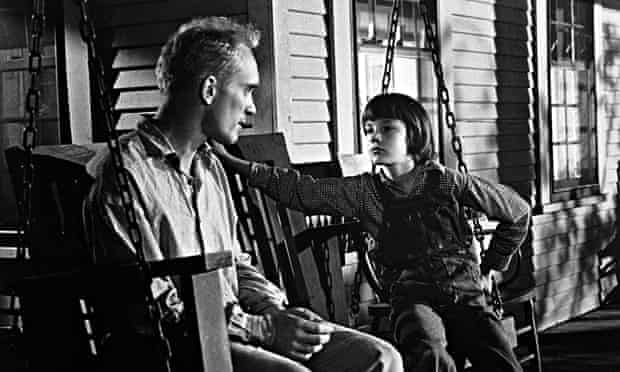I am currently teaching Chinese students To Kill a Mockingbird. A book many want banned from North American schools. We are rapidly approaching a point at which Chinese will be better schooled in Western culture than Americans. At that point China will be ready to assume world leadership. China will be the cutting edge of human civilization. America and the West are deliberately throwing it away.
Those who want To Kill a Mockingbird removed from the schools do not understand the book. They are Philistines. Worse, they are racists.
One objection sometimes heard is that the book features a rape; and this is not suitable for young readers. But there is no rape in the book. The real problem here, I suspect, is that the book discusses rape in a way that is not helpful to feminism. It features a woman making a false accusation of rape. According to feminist doctrine, that can never happen. It notes that a rape charge requires some evidence that the woman resisted. Feminism says that is unnecessary.
In other words, the book is inconvenient in its assumptions to the modern left’s political agenda.
Another complaint is about bad language. The term “nigger” is used. But this is ironic, because the book is actually unusually delicate in its language, reflecting the Southern culture it chronicles. It refers obliquely and disapprovingly to “bathroom invective.” Rape is described only as “carnal knowledge of a female without her consent.” It threatens the villain with jail time for using improper language in the presence of a lady. In comparison to the typical current movie, the language in the book is almost humourously genteel. And “nigger,” after all, simply means “black.”
But the core and more common claim is that the book is racist because it is about white people, and the black characters in it are relative “ciphers.” A 2018 article in the Globe and Mail presents the case.
“There are far better books available for the purpose of teaching race to teenagers through literature.”
“That a 58-year-old book, written from a white woman’s perspective, should supersede award-winning stories from authors who live their racial realities once they put down the pen, is an absurd notion.”
“…We’ll have to let go of the false wisdom of Atticus Finch, and the haplessness of Tom Robinson, if we truly wish to educate young people who live in a world where it’s necessary to remind them that their lives matter.”
The underlying assumption of this criticism is that only black lives matter. To Kill a Mockingbird is simply not about black people. It is an exceptionally vivid bildungsroman of a young white girl growing up in the US South. Why is this intrinsically less interesting or valuable than a portrait of the life of some black person? Why is a “white” author not living her racial reality, but a black author is? Why is a book to be discounted because it is from a “white woman’s perspective”? What comment could be more flatly racist than that?
The book is not about race. It is about growing up, discovering the world is unfair, and how people deal with this: Scout in particular, Atticus, Jem, Judge Taylor, Heck Smith, Maudie, Boo Radley, Calpurnia, Tom Robinson, and so on. To make it about race is to, literally, miss the plot. The plot is about Boo Radley, not Tom Robinson, and Scout is the protagonist, not Atticus. This is clear at the book’s opening, its ending, and throughout. Tom Robinson’s trial is a subplot. The black characters are relative ciphers because they are not the main characters. Mayella and Robert Ewell, the other key characters in the subplot, are equally relative ciphers; but white.
It might be of some value to teach a book giving the black experience in the US South during the time of the Jim Crow laws. But it would be far less relevant to anyone for simply being that than a classic like To Kill a Mockingbird, which deals not with the particular experience of a particular group of people at a particular time in the past, but with universal human experience.














No comments:
Post a Comment